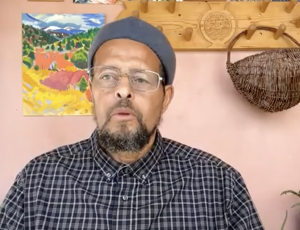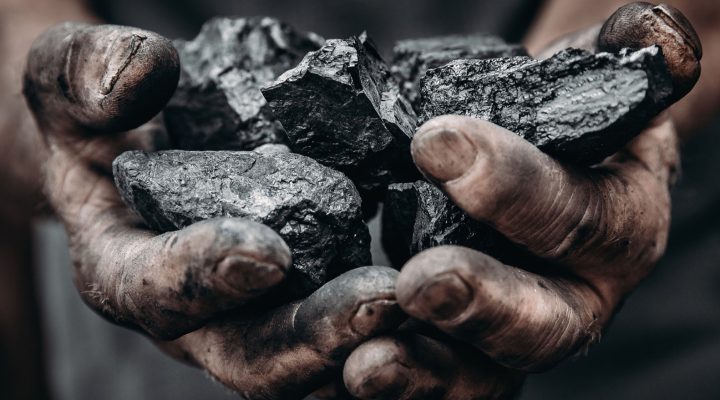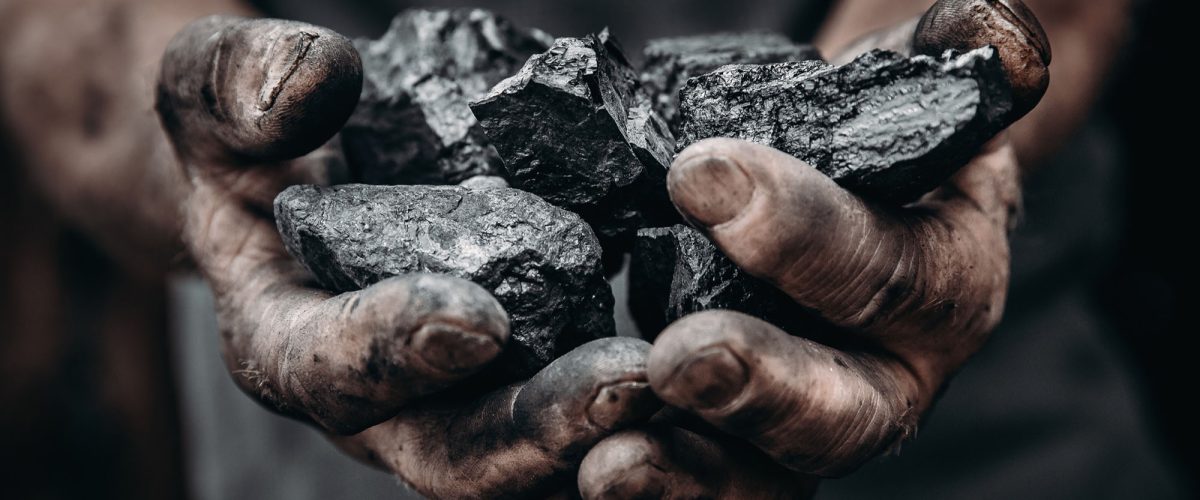A coalition of religious leaders in Africa and beyond has proposed a Fossil Fuel Non-proliferation Treaty as an urgent response to the devastation of climate change on the continent and the world.
The grassroots multi-faith organization known as GreenFaith held a virtual event Sept. 28 to make its case and call on others to sign a letter to be released prior to next month’s 27th Conference of the Parties to the United Nations Framework Convention on Climate Change, also known as COP 27.
The suggested treaty would be a binding pact that would pause new fossil fuel development, sound the death knell on oil and gas and coal production and channel efforts and resources to a cleaner and sustainable energy for the global industry and environment.
The recent event was a collaboration between GreenFaith and the Catholic University of Eastern Africa, the Supreme Council of Kenya Muslims, and the Laudato Si Movement. It brought together religious leaders and activists of diverse backgrounds who deliberated on the way forward for a fossil fuel non-proliferation treaty.

Meryne Warah
Many who spoke at the symposium supported a legally binding treaty on fossil fuel, saying it’s a moral and just cause worth championing.
“The main cause of the climate emergency is fossil fuels,” said Meryne Warah, GreenFaith’s global director of organizing based in Nairobi. “For the sake of life and to prevent massive, cruel levels of suffering, Africa and the world need a binding agreement that stops new fossil fuel projects, phases out existing production and provides generous support for a transition to a clean energy future and universal access to clean, affordable energy.”
Sheikh Yussuf Nassur, religious leader of the Supreme Council of Kenya Muslims, stated that continued reliance on fossil fuels directly opposes Islam’s central teachings, known as Maqasid Shariah. “Historically and presently, those hit first and worst by climate change in Africa and worldwide have a tiny carbon footprint. Why should they suffer while the world’s largest corporations and wealthy governments fail to act?”

Sheikh Yussuf Nassur
Hilda Nakabuye, a religious activist from Uganda who works in opposition to the East Africa Crude Oil Pipeline, said: “To be faithful to their religious beliefs, people of faith need to call for an end to fossil fuels and a just transition for all.”
Frances Namoumou, based in Fiji with the Pacific Council of Churches, spoke about the devastating impacts of fossil fuel development and climate change in her region: “In the Pacific Islands, people are already losing their homes, jobs and communities due to rising sea levels.”
Agitation for a fossil fuel treaty didn’t start with the September virtual event. In 2017, at COP23, the Least Developed Countries representatives called for “an increase in ambition by all countries to put us on track to limit the global temperature increase to 1.5 degrees Celsius by strengthening our national contributions, managing a phase-out of fossil fuels, promoting renewable energy and implementing the most ambitious climate action.”
Recently, at the United Nations General Assembly, the President of Vanuatu, Nikenike Vurobaravu, also made a case for a fossil fuel non-proliferation treaty.
“Those hit first and worst by climate change in Africa and worldwide have a tiny carbon footprint.”
The treaty initiative has attracted support from more than 100 Nobel Laureates (including the Dalai Lama) and a long list of other notable figures.

Lynet Otieno
Speaking to BNG about the fossil fuel virtual symposium, Lynet Otieno, interim communications manager for GreenFaith, said organizers achieved their aim and the event attracted people from diverse religious background.
“There was widespread, international interest from people from many religious backgrounds,” she reported. “Over 750 people from more than 20 countries registered for the event. Representatives from respected Muslim and Christian organizations across Africa, from the Vatican, Hindu, Jewish, Buddhist and other religious communities participated. It was a well-attended and beautifully diverse event that showed that more and more people of faith — especially in Africa, which is hosting COP27 — care deeply about this issue.”
She added that grassroots people of faith are showing the way and standing up as examples for a powerful and impassioned leadership for climate justice.
“They are opposing new pipelines, pressuring banks and asset managers to stop funding fossil fuels and instead to finance a clean energy transition, standing up bravely against governments that are either ineffective in addressing the climate crisis or are corrupted by funding from coal, oil and gas companies,” she said. “These leaders need to call on government, extractive industries, asset managers and banks to change. These institutions can and must change.”
While the clamor to tackle climate change is a global one, many people, including Otieno, hold the view that Africa, despite being the least contributor to global warming, has borne the brunt of climate change.
“The evidence could not be clearer that Africa is suffering climate change’s worst impacts, despite having contributed minimally to the cause of the problem,” she said. “Droughts, heat waves, severe weather are leading to forced migration on ever-increasing levels. This is cruel and patently unfair. It is why wealthy, historically large emitters of greenhouse gas emissions need to commit to payments for the loss and damage that Africa suffers.”
Anthony Akaeze is a Nigerian-born freelance journalist who lives in Houston. He covers Africa for BNG
Related articles:
National Association of Evangelicals joins call for attention to climate change


